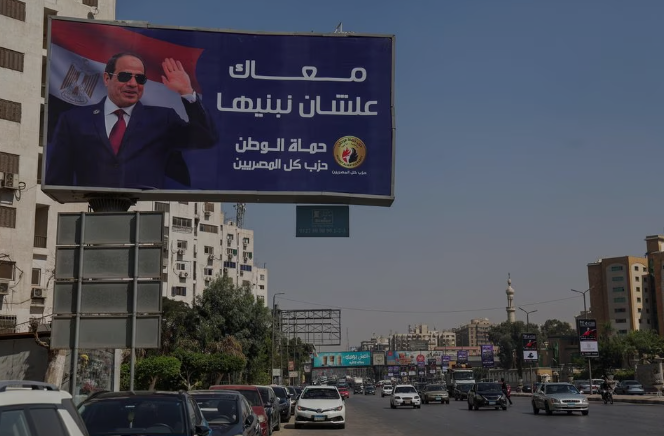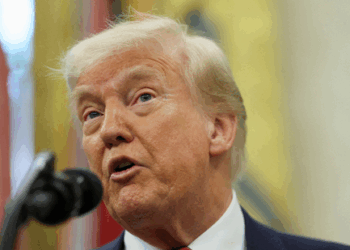Incumbent President Abdel Fattah al-Sisi is widely expected to seek and secure re-election, given his strong grip on power and the political landscape in Egypt. Sisi, a former military general, has been at the helm since 2014 and secured his second term in 2018.
The announcement of the election dates has sparked both anticipation and debate within Egypt. While some Egyptians view Sisi’s leadership as a source of stability, others have grown increasingly frustrated with the country’s economic hardships, which include record-high inflation and difficulties accessing foreign currency.
The economic challenges facing Egypt have been exacerbated by the global COVID-19 pandemic, impacting various sectors, including tourism, which is a crucial source of revenue for the country.
As Egypt prepares for the upcoming election, all eyes will be on how the government addresses these economic issues and the political climate leading up to the polls. Observers will closely monitor whether any opposition candidates emerge and whether they can garner support in a highly controlled political environment.
President Sisi’s candidacy and potential victory would maintain the status quo, but it will also require addressing the pressing economic concerns that have been a source of discontent among some segments of the population.
The election outcome will not only shape Egypt’s domestic policies and governance but will also have broader implications for the country’s regional and international relations. Egypt remains a key player in the Middle East, and the stability of its leadership is closely watched by neighbouring countries and the international community.
With the election dates set, Egypt enters a period of political activity and campaigning as it navigates its way through economic challenges and strives to maintain stability in a turbulent region.








 India
India












